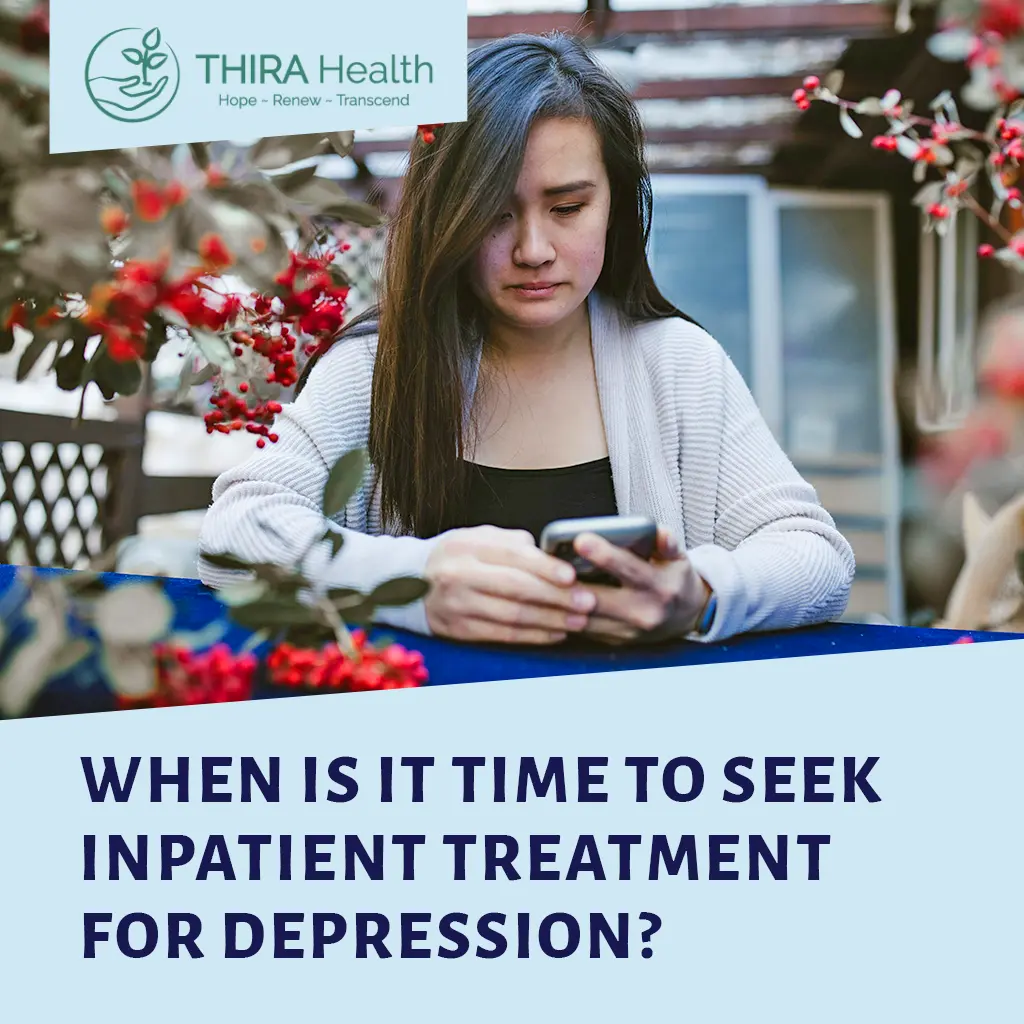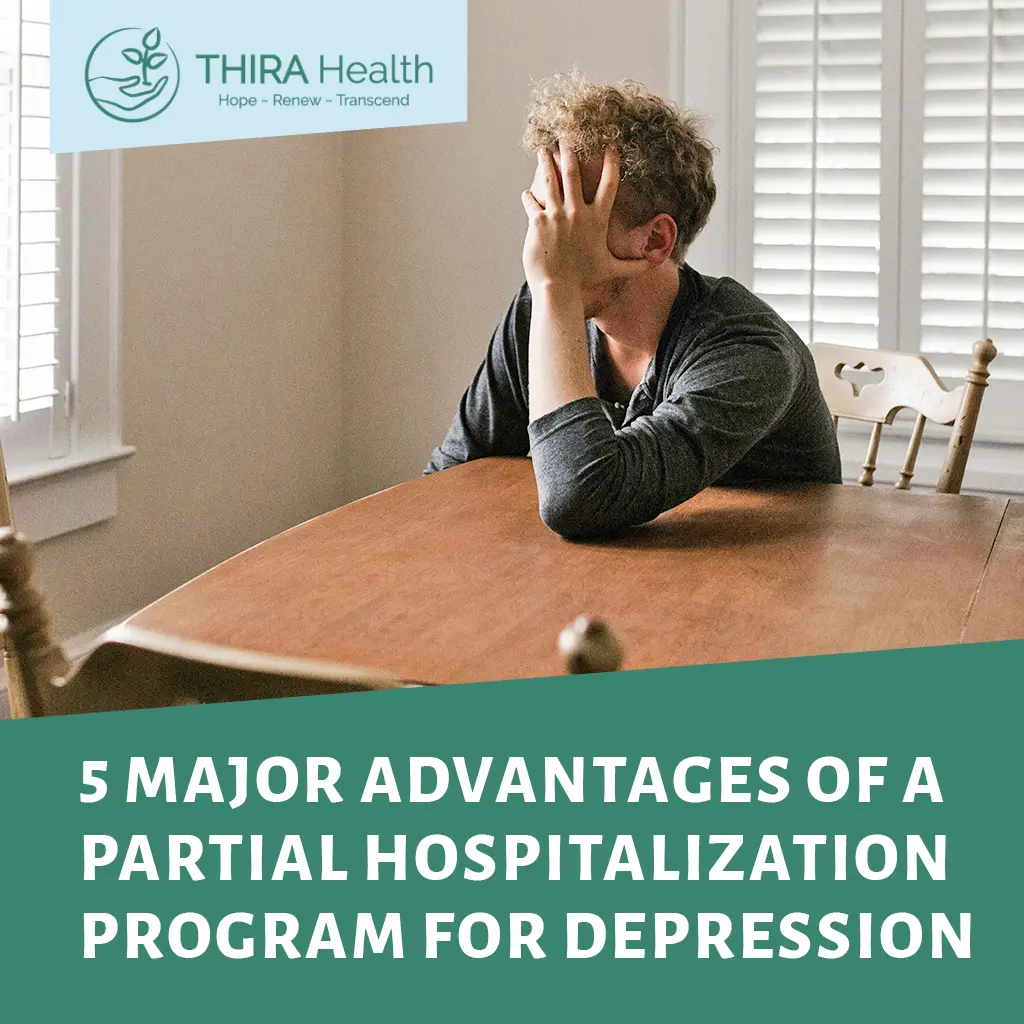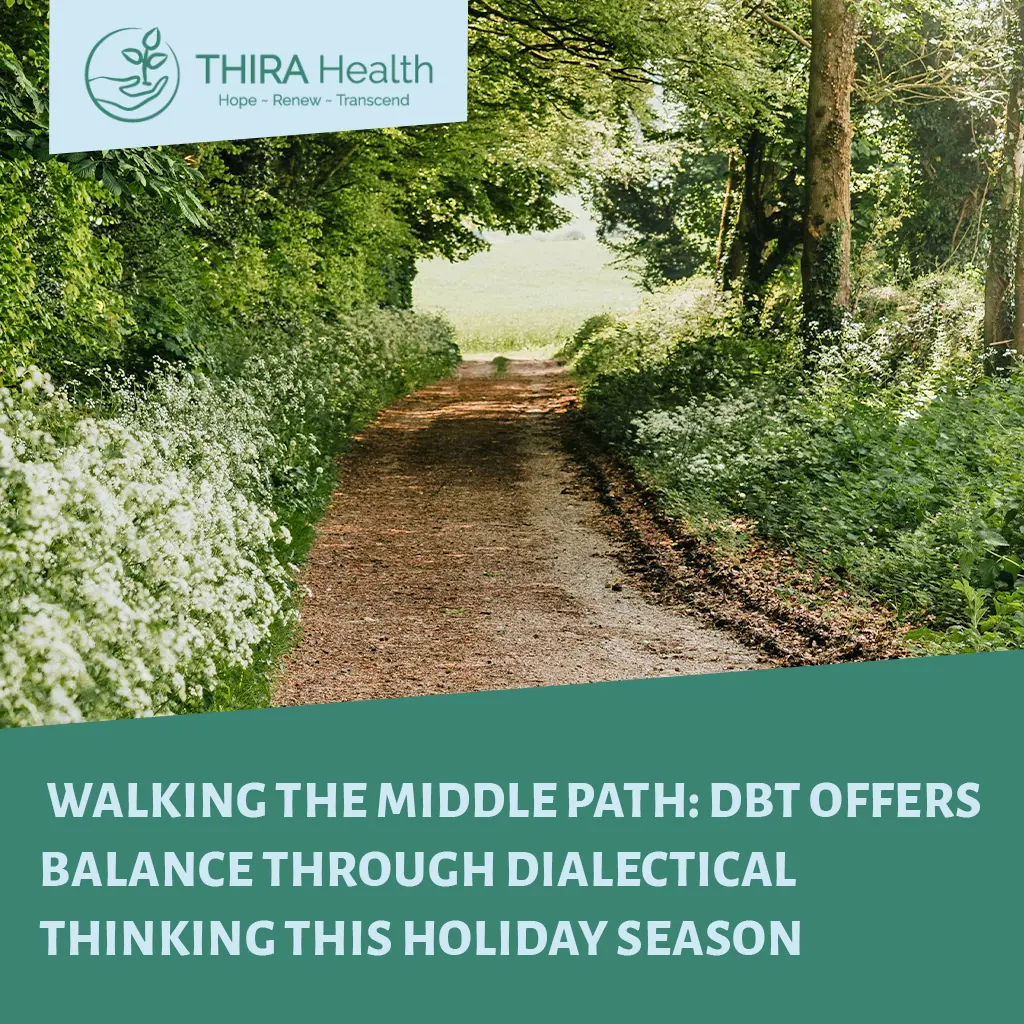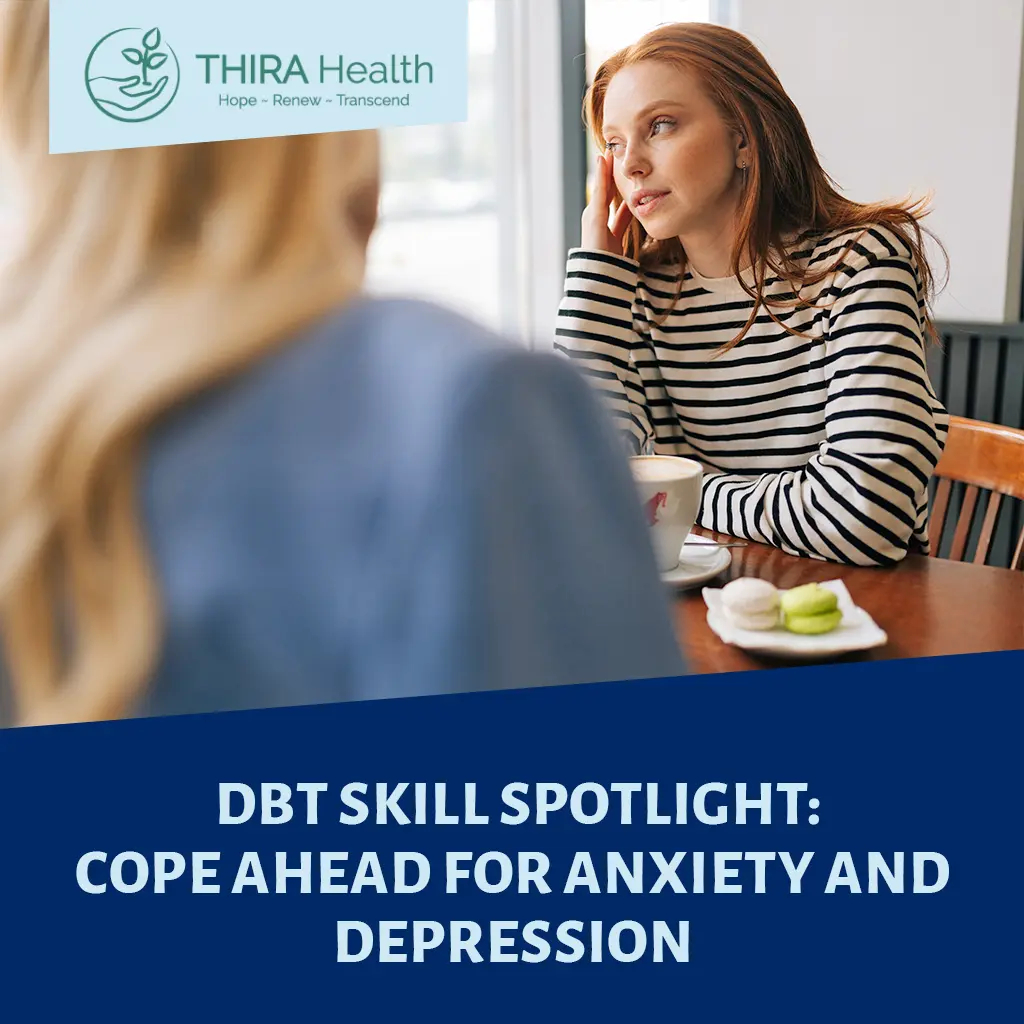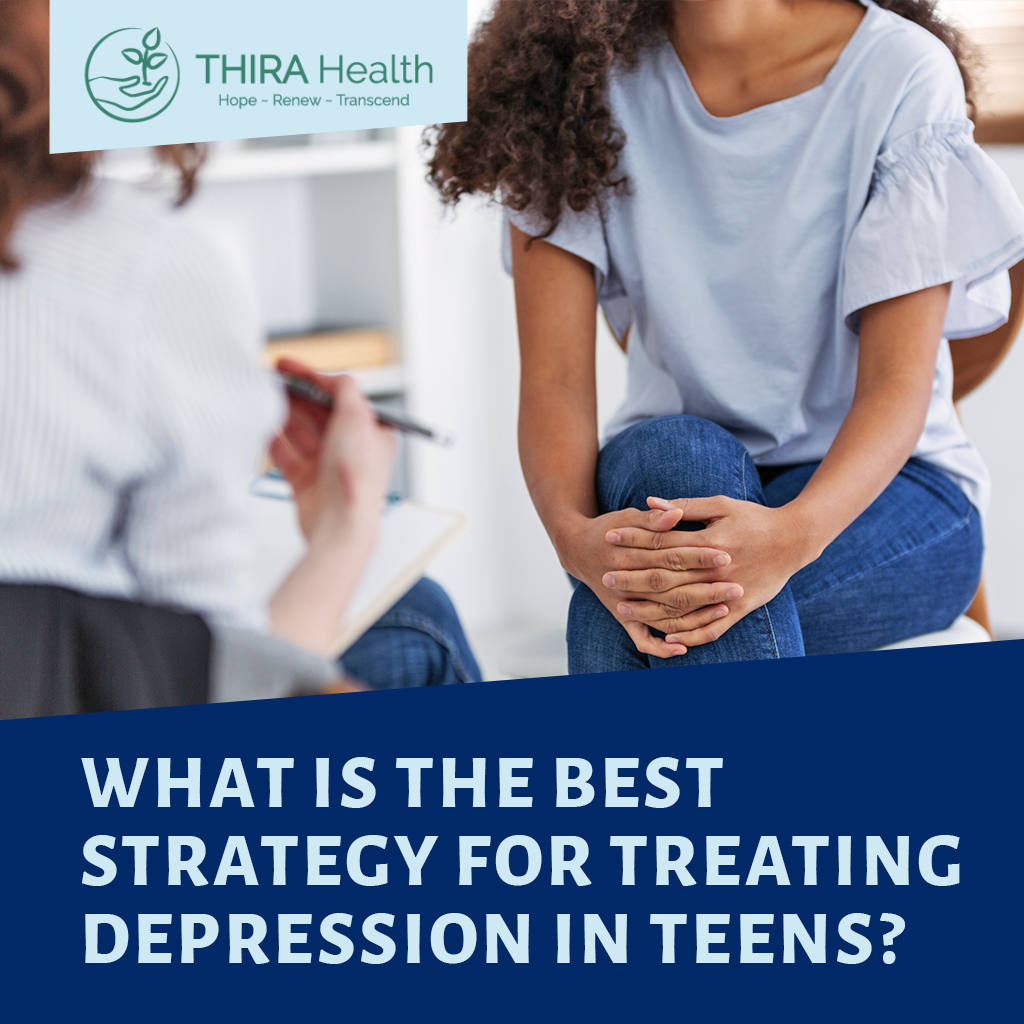By Emily Fitch, Resident Dietician
Food is among the greatest, simplest pleasures of being human. Every piece of food we digest offers our bodies something different, and personally understanding our relationship to food is the first step in building health and mental well-being.
For example, upon tasting something naturally delicious—like an apple—the human tongue sends immediate sensory reward signals to the brain, and within 15 minutes the apple’s carbohydrates are converted to blood glucose that gives our body a burst of energy and endorphins. Apples are rich in a variety of phytonutrients (plant chemicals), and studies have linked the consumption of apples with reduced risk of cardiovascular disease, asthma, diabetes, and some forms of cancers.
Food is a fundamental fuel for our personal and collective mind, and how we choose to feed ourselves is a gauge for the priorities of our culture.
With that in mind, many of us have had days so busy that we ignore our body’s demand for nutrition: we end up waiting until distinct physical signs of hunger (dizziness, irritability, nausea, cramping) begin to stack up before we finally eat a meal. On a mental level, hunger furthers low energy, depression, anxiety, and inability to concentrate, with these symptoms becoming more severe as a response to irregular meal intervals. Prolonged undernutrition increases the susceptibility of individuals and groups to disease, by reducing the human body’s ability to repair itself.
According to recent studies, a hunger scale can help you tell the difference between true, physical hunger (stomach hunger) and other types of hunger. We have actually identified eight different types of hunger that can be considered as you develop a relationship to your own eating habits and your body’s signals:
- Eye Hunger – Food that you see and are drawn to visually
- Nose Hunger – Smells of food that you love, inspiring you to hunger
- Ear Hunger – The sounds of food preparation or dining can actually make you hungry!
- Mouth Hunger – The mouth actually has a sensory desire to experience food (taste and texture)
- Stomach Hunger – The very natural, physical hunger we feel when our stoamchs are empty
- Mind Hunger – Analytical eating! When you tell yourself you need more protein, water, or that you should cut out certain groups
- Cellular Hunger – Our bodies ask us for things we need on a cellular level, both liquids and solids
- Heart Hunger – We also experience hunger when we are sad and lonely — food is a major source of comfort!
Understanding your hunger rate
When you start feeling like you want something to eat, rate your hunger on a scale of 1 to 10, with 1 being starving and 10 being so full you feel sick. A rating of 6 or 7 means you’re comfortable—neither too hungry nor too full. If you’re not physically hungry, take a moment to identify what other hunger you are feeling.
1—You’re so hungry you’ll eat anything
2—You can’t ignore your hunger and everything looks and sounds good to eat
3—Your hunger is growling and you have hunger pangs
4—You can feel that you’re getting hungry and it’s time to think about what to eat
5—You’re neither hungry or full
6—Just right; you’re satisfied but could easily eat more
7—Totally satisfied; hunger is gone and you won’t be hungry for hours
8—You’re full and don’t want anything else to eat
9—You feel stuffed and uncomfortable
10—You’re painfully full and may even feel sick
At THIRA, we advise eating when you feel hungry – checking in with your hunger allows you to make deliberate meal choices before you get too hungry. Don’t wait until your hunger gets down to level 2, as you’ll be far more likely to overeat, or eat foods that are energy dense rather than nutrient dense.
When you sit down for a meal, evaluate how hungry you are beforehand. Experiment with eating more slowly (try putting your fork down between bites), as it takes up to 20 minutes for our stomach to notify our brains that we’re full. Also, make sure that you stay hydrated throughout the day so that you don’t misinterpret thirst signals for hunger signals. Distractions during mealtimes (especially phone screens or the TV) can take our attention away from our hunger and fullness cues.
Remember to eat like your life, fitness, and mental clarity depend upon it!


